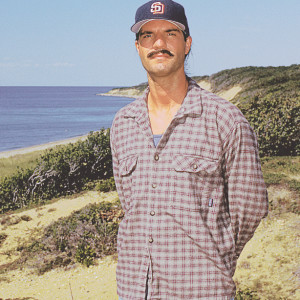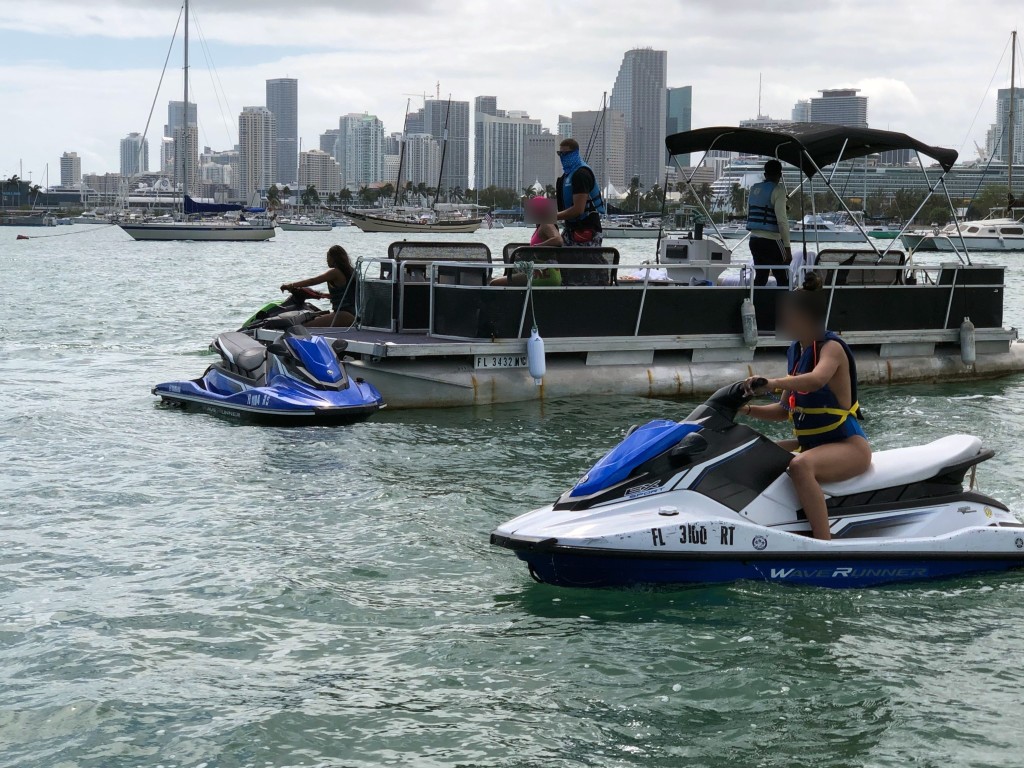It’s slow. Very, very slow. Painfully slow. Like pouring blackstrap molasses on a cold morning. But sometimes it does work. It refers to education and the subject in question is something that is extremely simple: proper radio watchkeeping, primarily on recreational vessels.
Specifically, I’m referring to the dangerous, age-old habit of those who operate recreational vessels of all kinds in and around channels and waterways used by commercial traffic of not properly monitoring their VHF marine radios.
We are all too familiar with this problem. And when recreational vessels are in close proximity to commercial traffic without knowing how to communicate quickly, it puts everyone at elevated risk for something to go wrong. If we can’t communicate verbally via radio then we’re left with, depending on visibility and distance, hand signals or other body gestures (sometimes vulgar) and sound signals. It’s debatable which is better understood by the recipients, or more effective in ensuring safe passage.
Most annoying are the legendary “deep-draft” 40' sailboats that insist on navigating in the middle of the channel for no apparent reason. If they could be hailed at all it would typically be on Channel 16, but there are no guarantees of success. Then comes the familiar five short-blasts of frustration and frantic maneuvering. But on most of the occasions that I’ve heard about where contact was made on Channel 16, captains and mates on tugs and pilots on the ships would try to engage the operator of the recreational boat and explain the importance of monitoring and communicating with commercial traffic on Channel 13.
It’s become increasingly noticeable over the last decade that a significant percentage of recreational boat operators, particularly sailboats, have absorbed this information and actually practice it far more than I ever would have imagined possible. It’s by no means universal, but the improvements are real.
Mariners should know that their efforts haven’t all been in vain and continued efforts may bear even more fruit.




